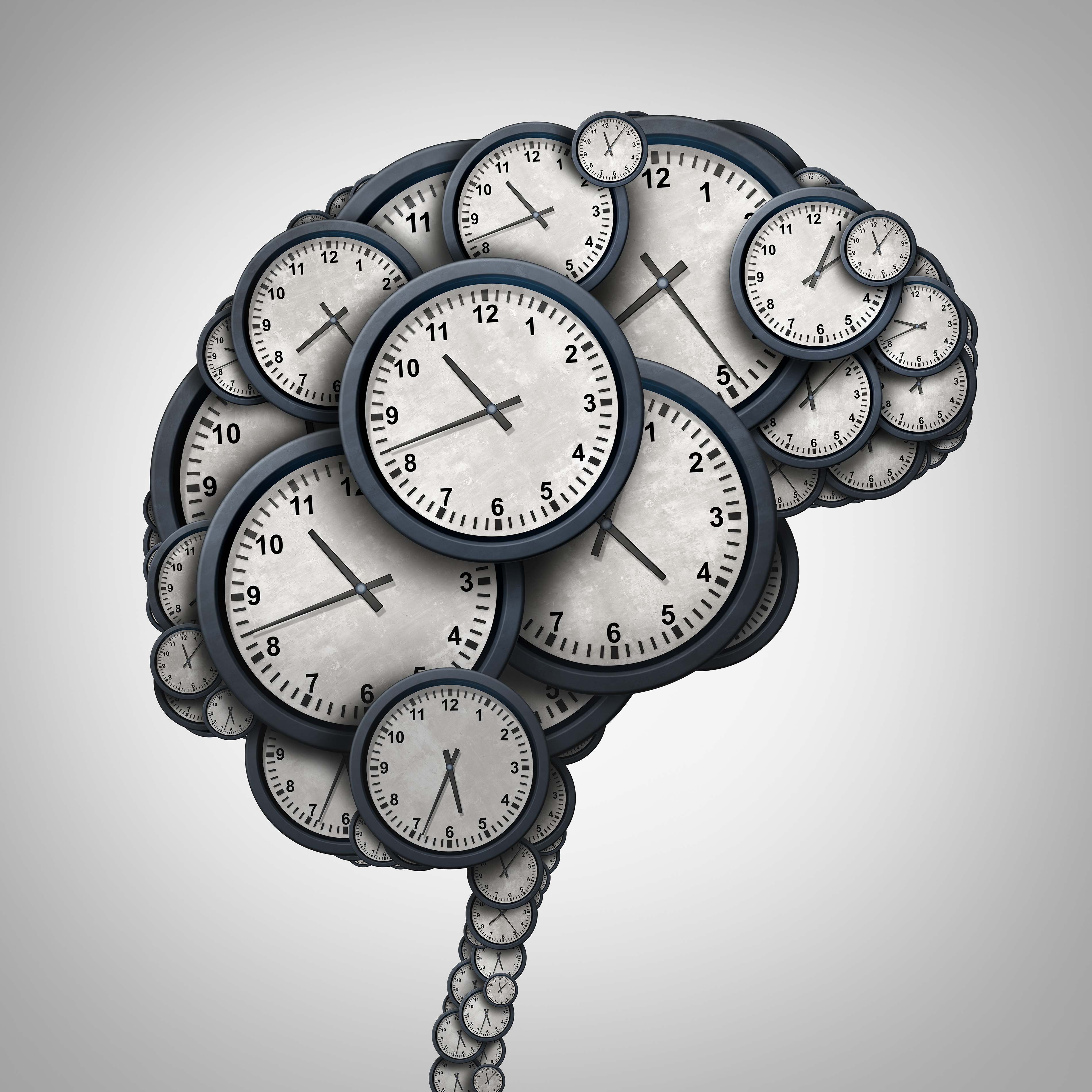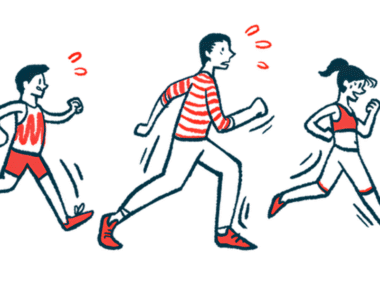Brain Stimulation Restored Time Judgment in Parkinson’s Mice, Study Shows
Written by |

Researchers used brain stimulation to improve the time-assessment skills of mice whose dopamine neurotransmitter had been removed, raising the possibility that such stimulation could be used to improve Parkinson’s disease patients’ time judgment.
The study, “Optogenetic Stimulation of Frontal D1 Neurons Compensates for Impaired Temporal Control of Action in Dopamine-Depleted Mice,” also suggests that brain stimulation could be used to treat other cognitive problems. It was published in the journal Current Biology.
Researchers believe dopamine neurons control time judgment — a major problem in Parkinson’s patients.
University of Iowa researchers recorded the brain activity of Parkinson’s patients performing a simple timing task. As expected, they did much worse than controls.
The research team measured participants’ brain activity with electroencephalography (EEG). They discovered that while the controls displayed a brain wave — known as the delta wave — when performing the task, Parkinson’s patients showed no wave.
The team then gave mice without dopamine neurons a similar task. The mice performed poorly, compared with normal mice. As with Parkinson’s patients, the team discovered that dopamine-deficient mice also lacked a delta wave.
To check the wave’s importance to timing, the researchers engineered mice whose frontal-cortex dopamine neurons could be activated with light. The cortex is the outermost part of the brain required for thinking.
The team then used light pulses to make the mice’s neurons simulate the missing delta wave. Amazingly, it restored the mice’s ability to perform the timing task.
“This was jaw-dropping,” Nandakumar Narayanan, MD, PhD, the study’s senior author, said in a news release. “For the first time we are able to deliver brain stimulation to improve a cognitive behavior.” Narayanan is an assistant professor of neurology at the University of Iowa.
Another interesting finding was that stimulating the brain of normal mice had no impact on their timing ability.
“The results suggest that, theoretically, delivering targeted, selective, and specific brain stimulation might improve some of the cognitive aspects of losing dopamine in Parkinson’s disease,” Narayanan said.
Scientists are already working on brain stimulation to improve Parkinson’s patients’ movements. The Iowa research, and a study in Portugal, suggest that stimulation can be used to improve cognitive function.
The Portuguese researchers used a similar approach to study how dopamine neurons in deeper brain structures affect time judgement. They found that the neurons played a role in mice either overestimating or underestimating a time interval.
The Iowa and Portugal studies suggest that dopamine neurons in more than one brain region control timing judgments. Stimulating those regions may lead to better time assessment, the studies suggest.


